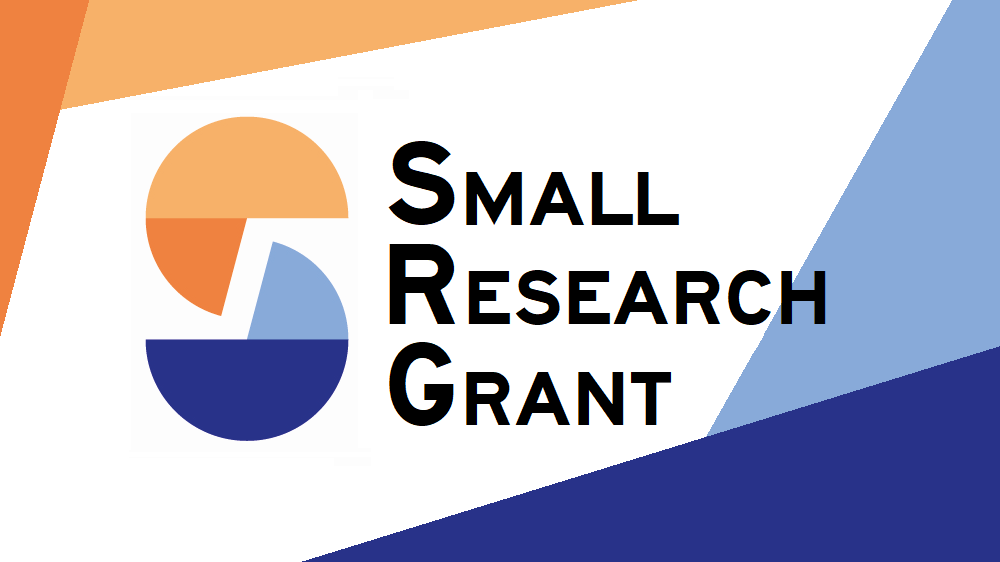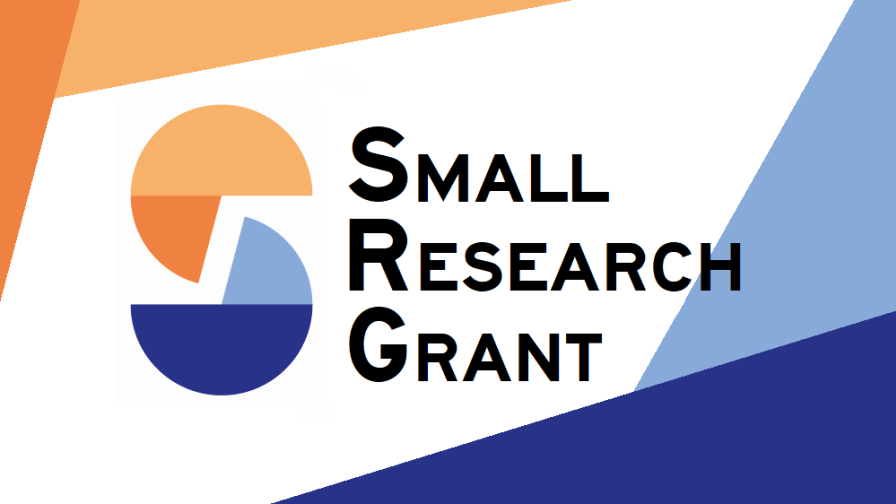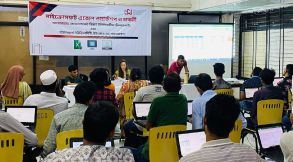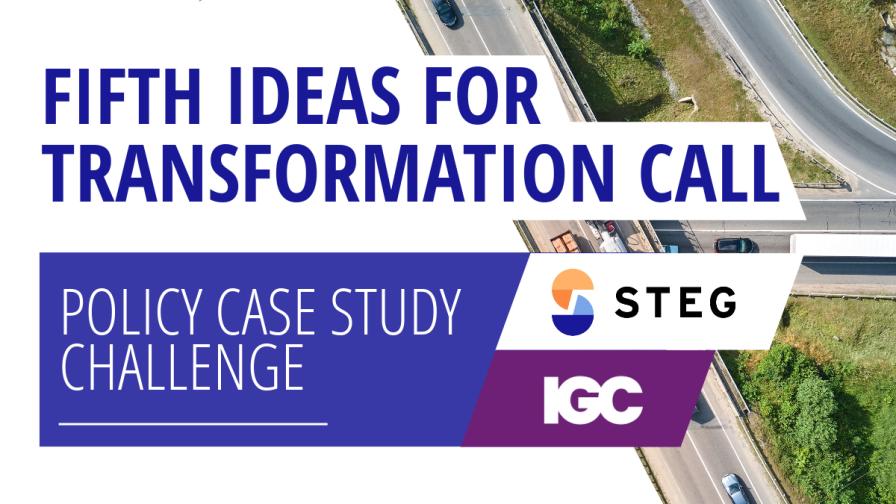High upfront connection costs may limit demand for electrification in low-income settings, but such costs may only be one of multiple factors preventing households from connecting to electricity. Imperfect information about the benefits and costs of electrification, technical or behavioural savings constraints, the price of electricity post-adoption, credit constraints for appliance investments, and low-quality service may all pose barriers to electrification even when connection costs are low. Understanding the importance of connection costs, non-price barriers to electrification, and their interaction is critical for designing effective policies for energy access. Which barriers, either alone or in combination, are responsible for low electricity adoption?
This project collects household-level data in the municipality of Abomey-Calavi in Benin to answer this question. Starting in the spring of 2022, the Government of Benin began heavily subsidizing the costs of electricity connections for households within a 40-meter radius of existing electricity pillars. This work uses the design of the subsidy, which theoretically creates a regression-discontinuity, in combination with a RCT to measure the importance of connection costs, non-price barriers to electrification, and their interaction. The data collection is focused on the electrification status of households (formally connected, informally connected through a neighbour’s house, or unconnected), household demographics and socio-economic status, and household beliefs about the costs and benefits of electrification.
Using the data collected at this stage of the project, the researchers will identify two to three first-order barriers to electrification that they will subsequently attempt to address through a randomized intervention. For instance, if consumers have inaccurate beliefs about the price of electricity on the intensive margin, the PIs can design a simple information intervention that is randomized over the regression-discontinuity created by the design of the subsidy. Doing so will produce policy-relevant results.
Policymakers often design bundled programs without a clear understanding of the importance of each component and the ways that different parts of the bundle interact. Clarifying the role of different pieces of a bundled policy for electrification is of special fiscal importance given the large costs associated with subsidies for electricity connection. Identifying low-cost, concurrent investments that can increase the return on such subsidies is critically important for the design of electrification policies in general, and for the specific design of Benin’s energy access policies.








































